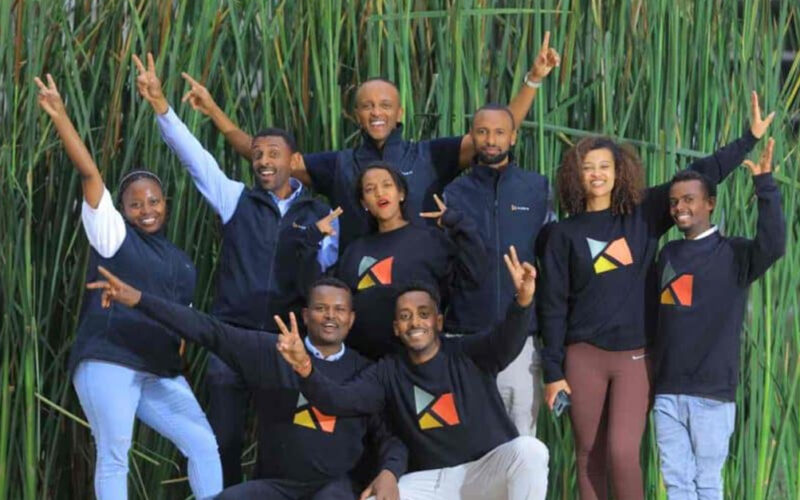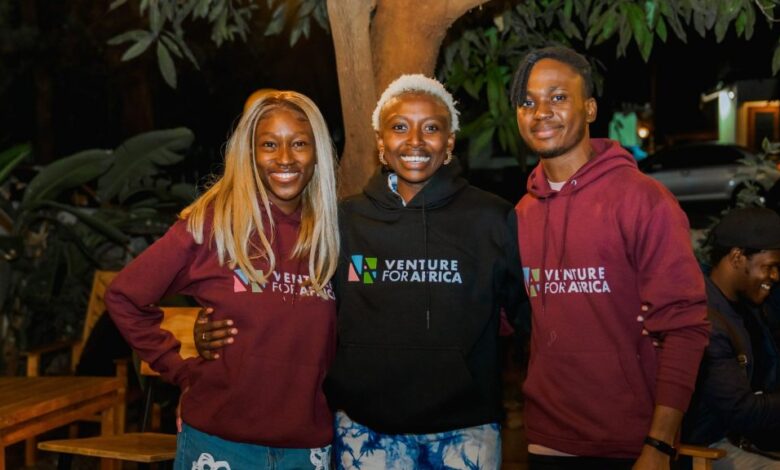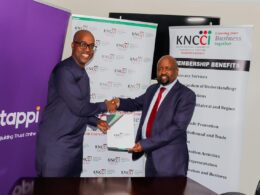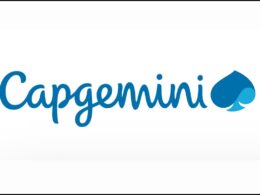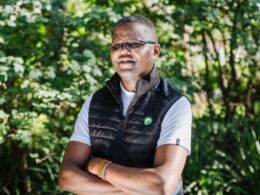Ethiopian plastic waste upcycling startup Kubik has secured an additional $1.9 million in seed extension funding, following an earlier equity investment. The round was led by East African investment firm African Renaissance Partners and included contributions from Endgame Capital, focused on climate change technologies, and King Philanthropies, which invests in climate solutions and poverty alleviation.
Based in Addis Ababa, Kubik plans to use the new capital to expand its plastic upcycling operations in Ethiopia and prepare for growth across Africa starting in 2025. Kubik’s co-founder and CEO, Kidus Asfaw, emphasized the startup’s commitment to intensifying its efforts in Addis Ababa while setting the stage for broader expansion.
Founded in 2021 by Kidus Asfaw and Penda Marre, Kubik is tackling the global plastic waste crisis by converting plastic debris into building materials such as interlocking bricks, columns, beams, and jambs. The startup aims to establish its recycling methods as the worldwide standard for sustainable building practices.
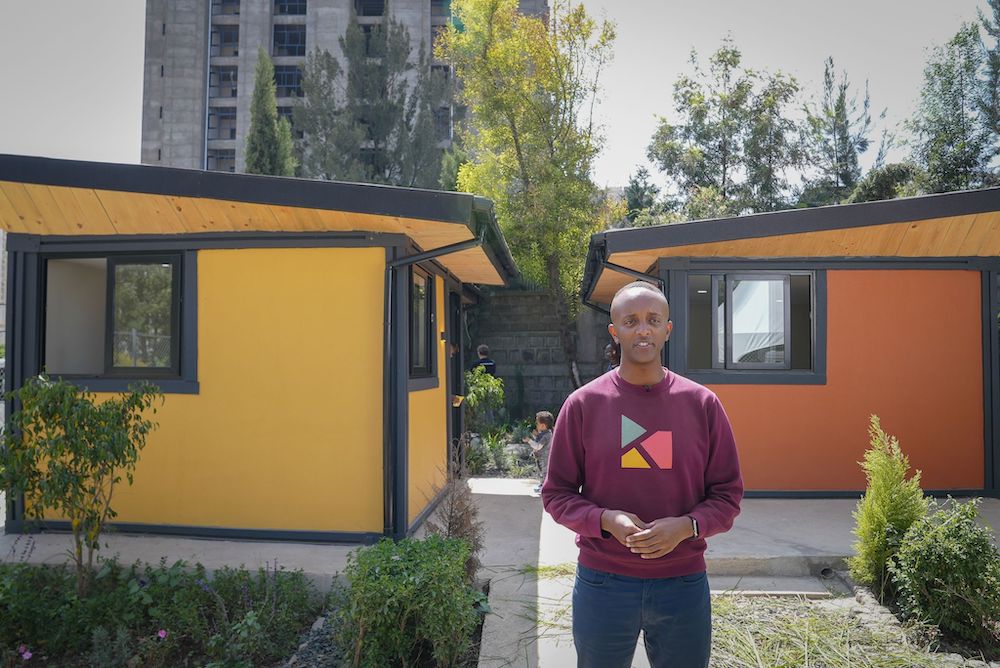
Kubik leverages proprietary technology to transform plastic waste into low-carbon, durable, and cost-effective construction materials. Asfaw revealed plans to license this technology to facilitate rapid growth across Africa and globally, shifting from a direct production business model to a licensing model. This strategy will allow the startup to scale by promoting widespread adoption of its innovative manufacturing processes.
Currently, Kubik recycles 5,000 kilograms of plastic waste daily, with the capacity to handle up to 45,000 kilograms. The company has forged partnerships with local corporate entities and the Addis Ababa municipal government to ensure a steady supply of raw materials. Kubik is also exploring the expansion of its product line to include other types of building materials like pavers and flooring.
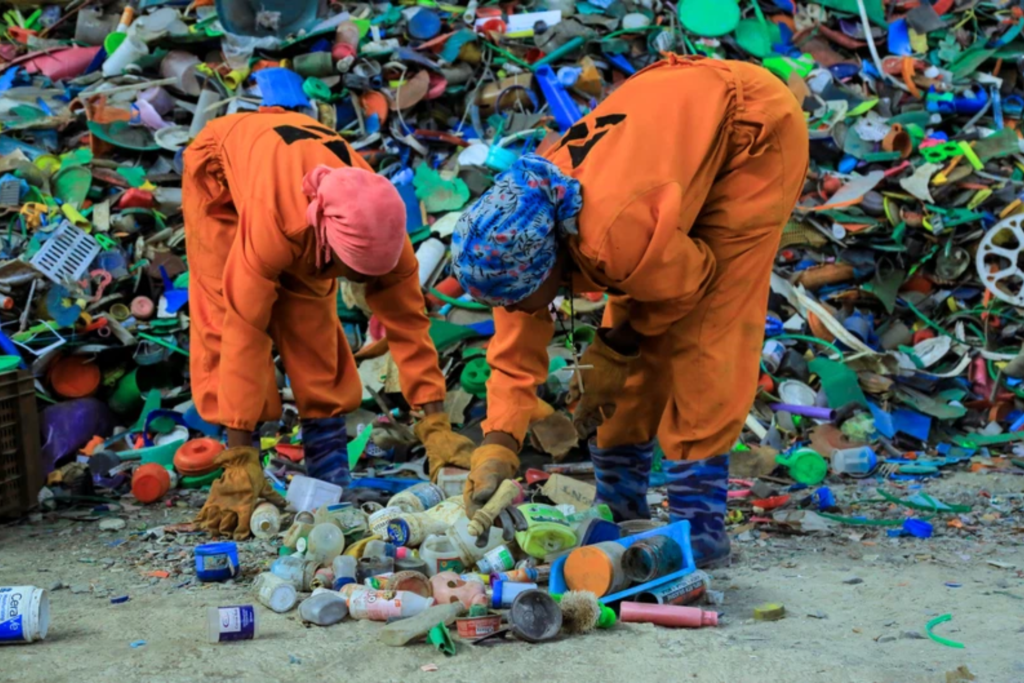
Asfaw highlighted the efficiency of Kubik’s building materials, which enable faster construction without the need for traditional materials such as cement, aggregates, or steel. This approach can reduce construction costs by up to 40 percent per square meter, making it an attractive option for developers focused on affordable housing projects.
Additionally, Kubik’s products have undergone rigorous safety testing by Intertek, a European standards agency, confirming their strength, non-toxicity, and fire resistance.
“We are committed to not only providing sustainable solutions but also ensuring that our products are safe for human use. We waited to commence sales until we had these validations,” Asfaw stated, reinforcing the startup’s dedication to safety and environmental sustainability.






